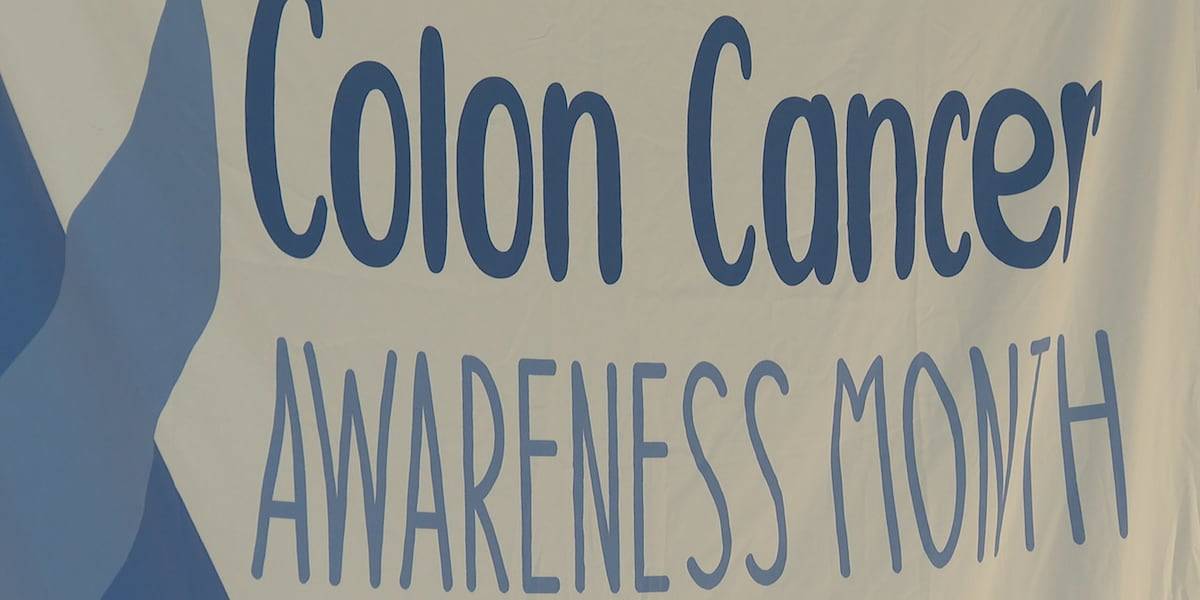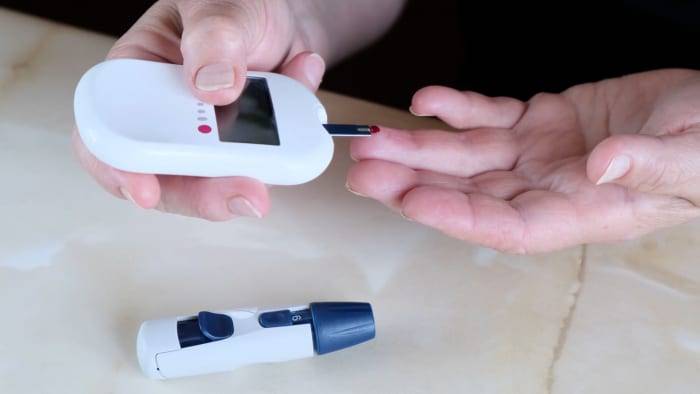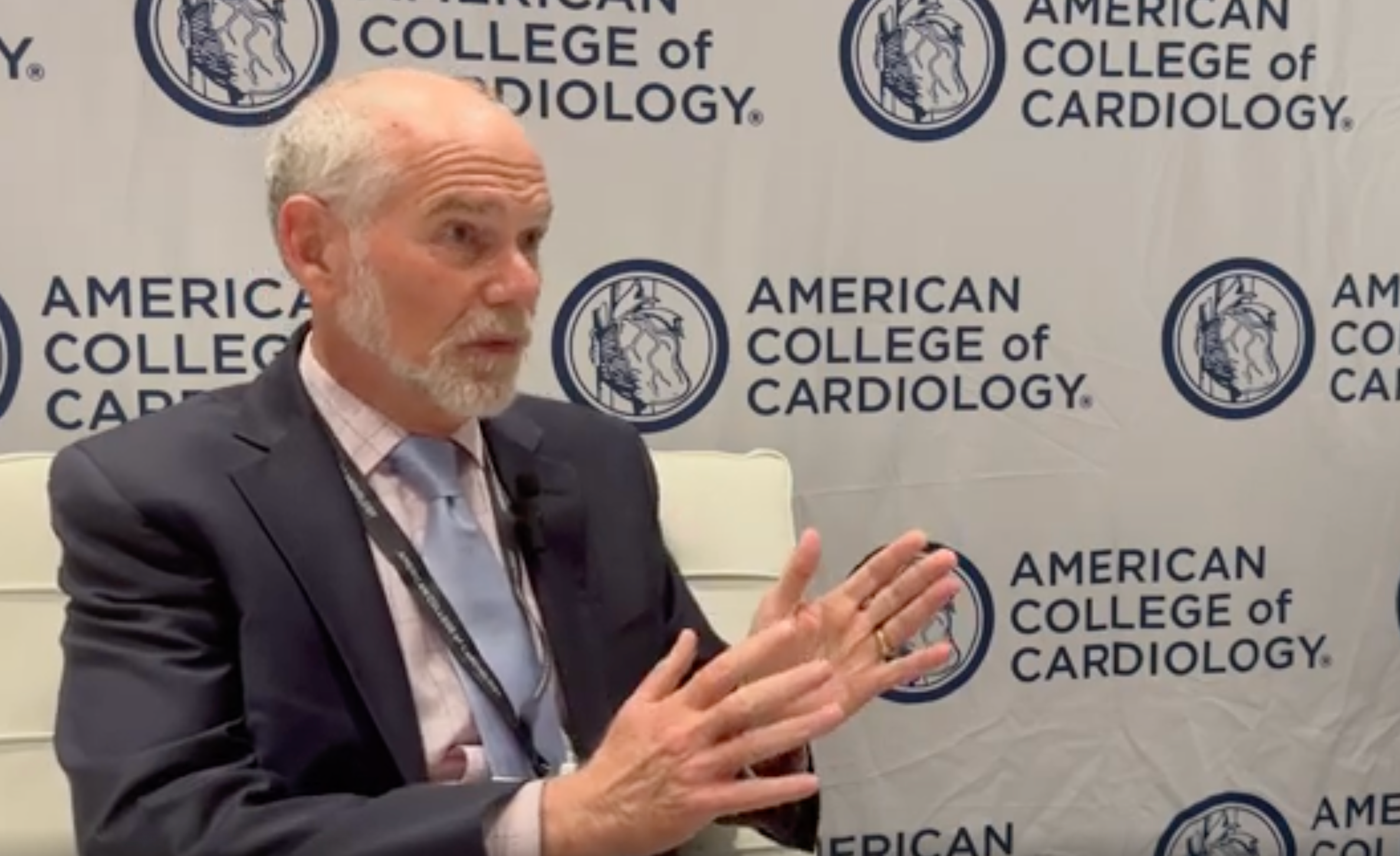Additionally, Dr. Amrit Singh, a medical oncologist, underscores the benefits of fiber-rich diets and regular exercise in maintaining colon health.
Colorectal Cancer Prevention Tips Through Screening, Lifestyle Changes

Related posts
Study Shows Healthy Lifestyle Reduces Cancer Mortality in Survivors
Imagine being diagnosed with cancer and then discovering that simple lifestyle changes could significantly improve your survival chances. For Sarah,...
Lifestyle Changes to Prevent Type 2 Diabetes: Simple Daily Tweaks
Emma’s Story: A Lifestyle Transformation Emma’s story is a testament to the transformative power of lifestyle changes in preventing type...
100-Year-Old Doctor Longevity Tips: 7 Proven Secrets
Meet Dr. John Scharenberg Dr. John Scharenberg, a 100-year-old doctor, embodies the essence of a long and healthy life. His...
Supreme Court Flavored Vape Ban Decision Upheld, Case Returned
Reflection on Youth Vaping and the Supreme Court’s Decision As we reflect on the Supreme Court’s recent decision upholding the...
15 Daily Habits Harming Health, According to Expert
Sarah’s Story: A Cautionary Tale of Lifestyle Mistakes Sarah, a 35-year-old marketing professional, always prioritized her career over her health....
Lifestyle Changes to Prevent Type 2 Diabetes
Sarah Johnson’s Wake-Up Call Sarah Johnson, a mother of two, was surprised to learn she had prediabetes at age 35,...
Midlife Habits to Increase Longevity: 5 Changes That Add 10 Years, Study Shows
Sarah’s Journey to Better Health Imagine Sarah, a 45-year-old woman who always felt like she was running out of time....
Colorectal Cancer Prevention Tips Through Screening, Lifestyle Changes
Jessica’s Story: A Wake-Up Call for Preventive CareJessica, a 50-year-old marketing manager, rarely worried about her health until her routine...
GLP-1 Drugs for Weight Loss and Diabetes Management: Supplement, Not Substitute for Healthy Living
Living with Diabetes in a Modern WorldIn the bustling city of New York, Sarah Johnson, a 35-year-old working mother, found...








